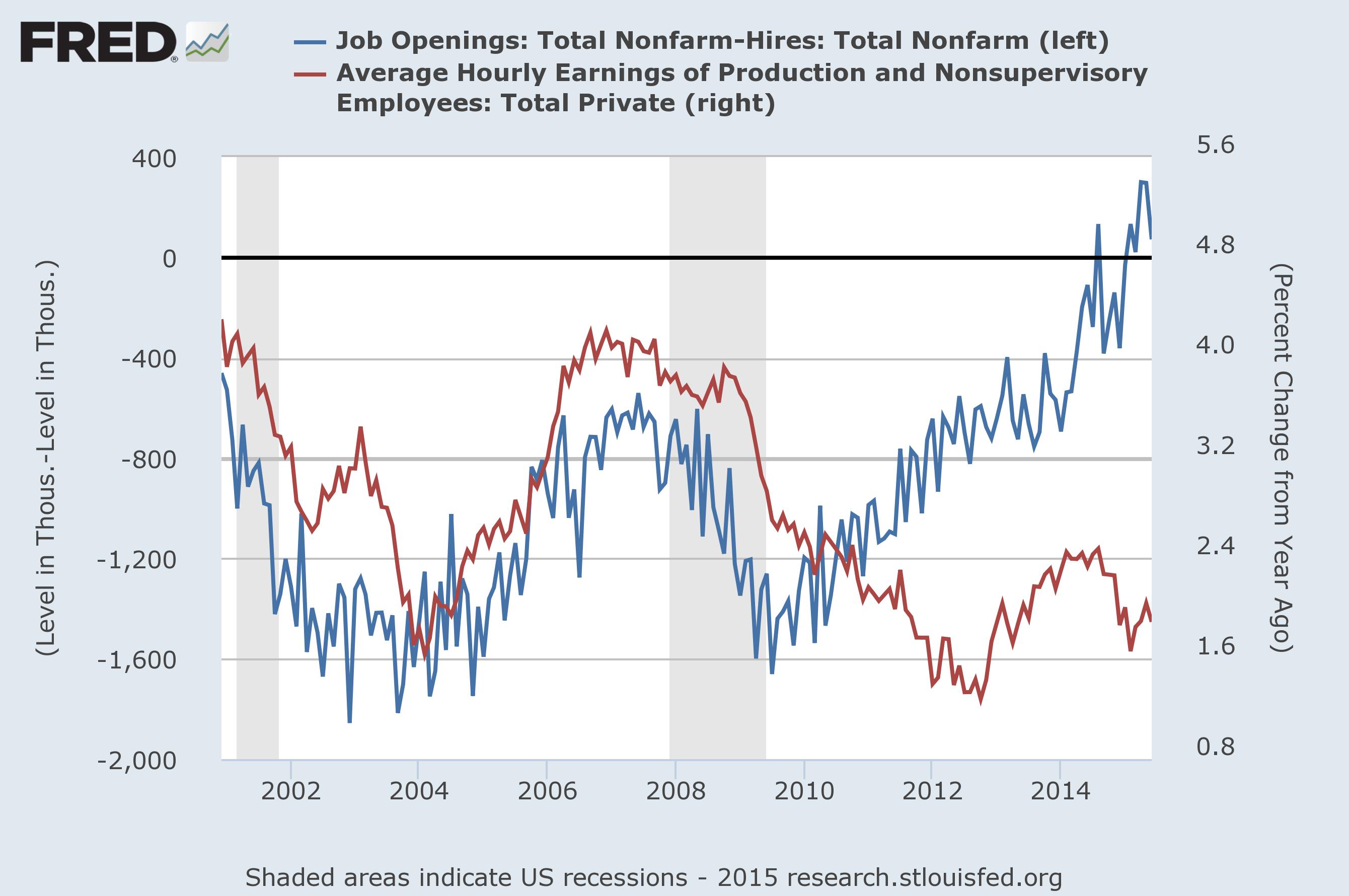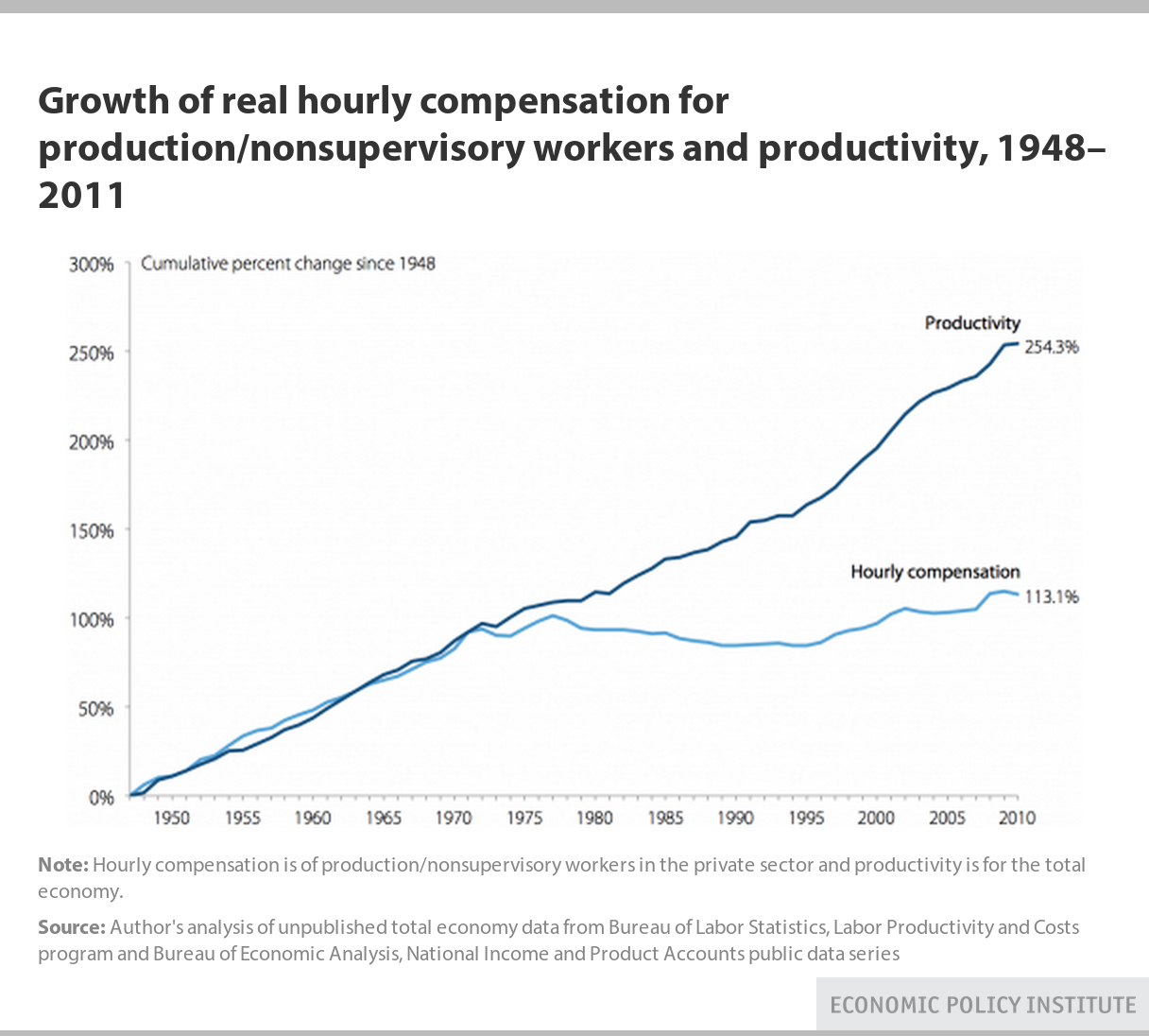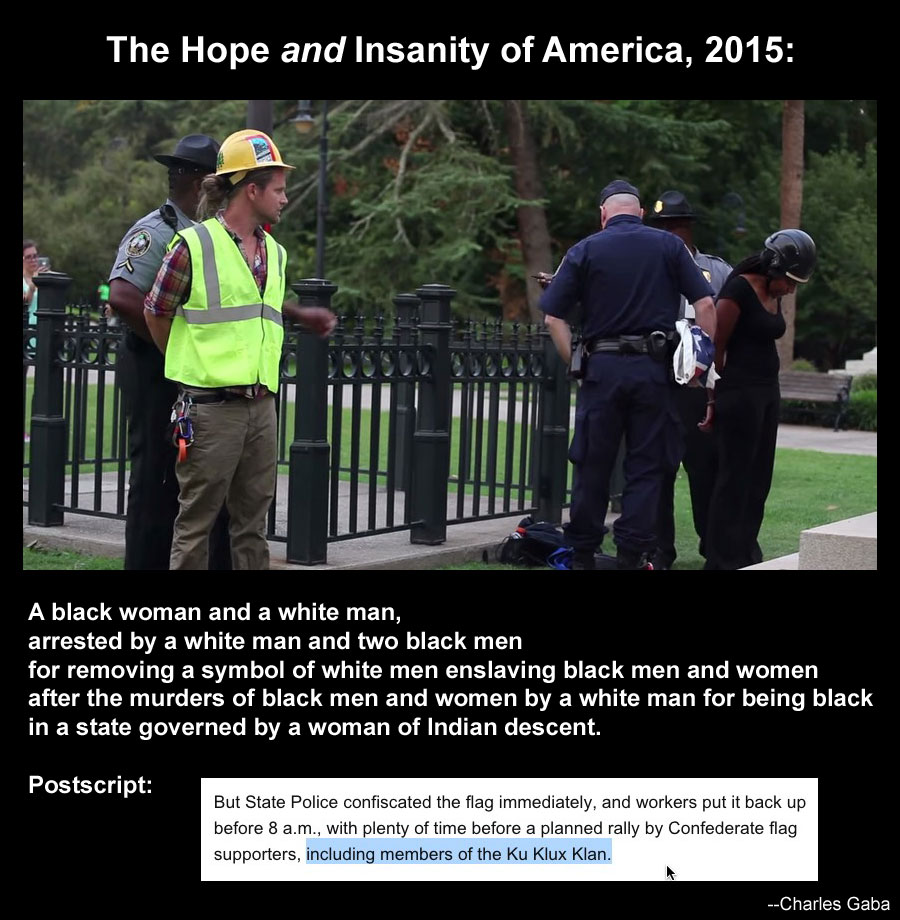The popular vote in NH was about 521,000. Of that number, 278k went to Republican candidates, and 243k went to Democrats. Bernie led all candidates with 145,700 votes, with Trump second at 97,300 votes. Hillary was third at 92,530.
For the record, the 2008 turnout was: 287,342 for the Democrats and 238,979 for the Republicans.
The media is all over the demographics of the NH primary, and how Bernie won all segments except for people over 65 years old, and those who make more than $200k, both of which went to Hillary.
But one headline from NH ought to be that the Dems performed 15% worse than eight years ago, while the GOP performed 14% better than they did when a NH resident (Romney) was on the ballot!
In Hillary’s post-primary speech, she said that there isn’t a huge difference between the two Democratic candidates. Bernie talked about how the party had to come together down the road to prevent a White House take-over by the GOP.
But are these candidates that similar?
Let’s hear from Benjamin Studebaker, who says that Sanders and Clinton represent two very different ideologies, a neo-liberal view represented by Ms. Clinton and an FDR big government program viewpoint represented by Mr. Sanders:
Each of these ideologies wants control of the Democratic Party so that its resources can be used to advance a different conception of what a good society looks like…This is not a matter of taste and these are not flavors of popcorn.
Studebaker thinks that Hillary is ideologically similar to Barack Obama, describing that in 2008: (emphasis by the Wrongologist)
The most prominent difference between them was the vote on the Iraq War. On economic policy, there never was a substantive difference. The major economic legislation passed under Obama (Dodd-Frank and the Affordable Care Act) did not address the structural inequality problem that the Democratic Party of the 30’s, 40’s, 50’s, 60’s…existed to confront.
In fact, while inequality decreased under FDR, Truman, JFK, and LBJ, it has increased under 3 Democrats: Carter, Clinton, and Obama. It also increased under 3 Republicans: Reagan, Bush I, and Bush II.
Now comes the Hill & Bernie show. Sanders is not running to try to implement a set of idealistic policies that a Republican-controlled Congress will block; he is running to take the Democratic Party away from its current leadership that is unwilling to deal with the systemic economic problems that have led to wage stagnation and the shrinking of the middle class in America.
But can he be successful? David Brooks said in the NYT:
Bernie Sanders…has been so blinded by his values that the reality of the situation does not seem to penetrate his mind.
OK, that must mean that Sanders has no shot. The conventional wisdom is that the Democratic Party cannot be reclaimed by the FDR/LBJ types, or that if it is reclaimed, it will lose in 2016.
But, in the 1968 and 1976 Republican primaries, a guy named Ronald Reagan ran to take the Republican Party back from the Richard Nixon types who went along with the Democrats on welfare and regulation. He was bidding to return the Republicans to their 1920’s Conservative roots. Everyone in the 60’s and 70’s knew that Reagan couldn’t pull that off. But he did.
How? Yesterday, we spoke of Movement Conservatism, where Republicans built a conceptual base, a popular base, a business base, and an institutional infrastructure of think tanks, and by the 2000s, Conservatives again controlled the Republican Party.
So, one lesson from the NH primary is that the contest for the 2016 presidential nomination is not just a contest to see who will lead the Democrats, it’s a contest to see what kind of party the Democrats are going to be in the coming decades, what ideology and what interests, causes, and issues the Democratic Party will prioritize.
The Republican Party faces exactly the same problem in 2016.
And these facts make the 2016 primaries far more important than in any other recent election.
This is about whether the Democratic Party is going to care about inequality for the next decade. We are making a historical decision between two distinct ideological paradigms, not a choice between flavors of popcorn.
Choose carefully.



